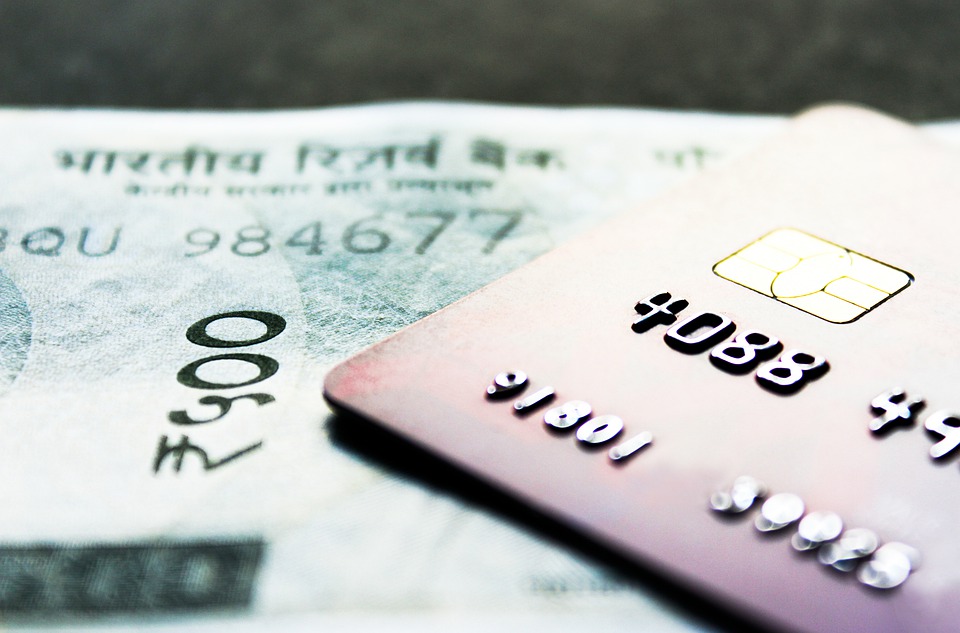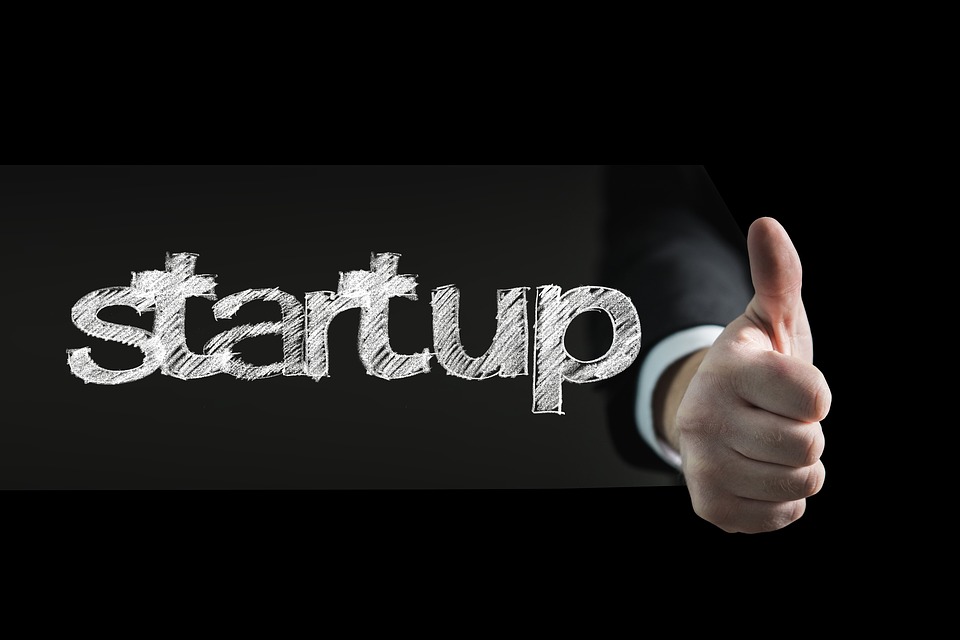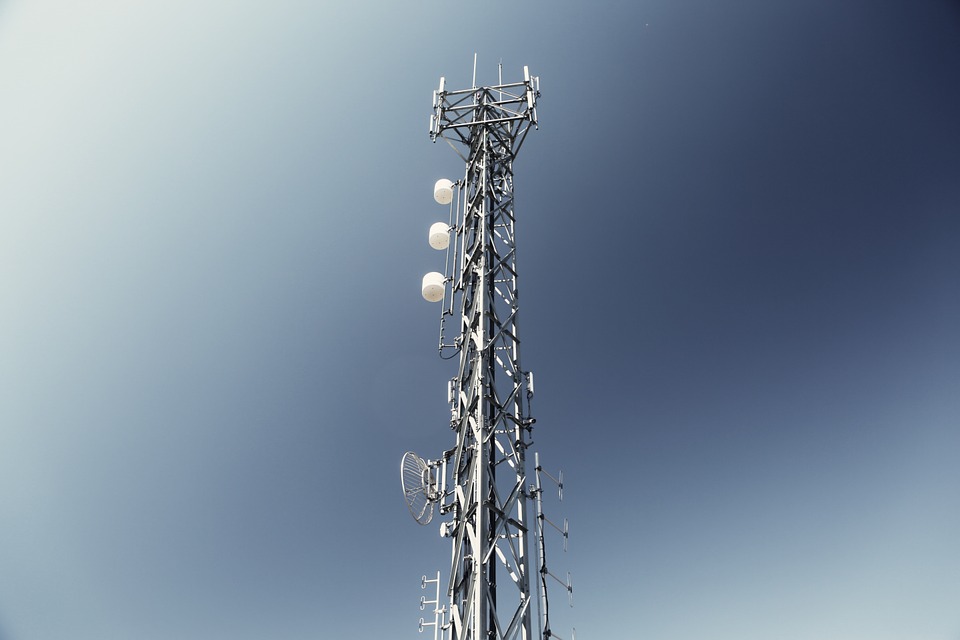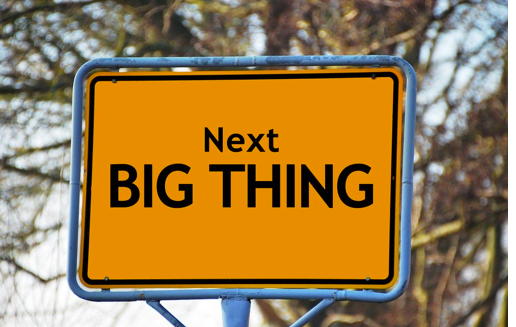Not many are either aware or talking about the concept, Blockchain, for this is a relatively new phenomenon among technology enthusiasts. In simple terms, Blockchain is nothing but a tech underlying Bitcoin, a cryptocurrency that is increasingly gaining the attention world over. However, Bitcoin is just one of the popular uses/applications of the blockchain.
To further break down and underst and this concept, the words block and chain are to be construed separately. While block would refer to a separate set of records (most of the time financial) which forms one block that is differentiated from other blocks by means of time when actions are executed, the term chain pertains to these set of blocks arranged together in a virtually never ending chain, where data keeps coming, being recorded and saved forever.
Without going much into technicalities, it can be said that this technology, being cryptographic in nature, would make financial transactions and record-keeping safer, decentralized and transparent. It’s safe because the blocks or the records cannot be tampered with or modified. Thus, decentralization of documents can easily be achieved using blockchain, bringing transparency to the entire system.
This chain comprising of blocks can be accessed by a user located anywhere in the world by providing this user a unique access to the database. Let us assume a supply chain where records are maintained over blockchain, not on conventional tools, digital or otherwise. From the primary supplier of raw material to the supplier of consumables and then the ultimate manufacturer of the finished product, all can view the entire supply chain which until now had a limited or restricted access.
All of this will lead into making blockchain part and parcel of our lives, though gradually. Today, from providers of financial services like banks, insurers and stock exchanges to producers of industrial goods, everyone has prepared a digitized infrastructure where transactions are recorded so that they can be reconciled and validated at the end of some particular period. Blockchain has the capability to take this to an all-new level where manual entry of dates and time of any transaction will be weeded out, and the recording itself will get categorized in specific blocks that will be immutable.
This feature will make it possible to record contracts like transfer of titles for a property or a time-bound product delivery agreement or a financial transaction carried out by bank account holder in an infrastructure where they will be safe, widely accessible and invulnerable to any manipulations. By comparing the blockchain technology with a public ledger, it can be easy to comprehend what this means for the upcoming future.
Not limited to this, we might see blockchain being extensively used in following areas sooner or later;
- Using blockchain, anyone can make any exchange (financial and nonfinancial) without any mediator. Moreover, their identities will not be disclosed and the entire domain being public will be totally safe and transparent. This will lead into shared economy system. For instance, on Flipkart, a seller registers his product and customer makes a payment to Flipkart which passes on the money to the seller after deducting a commission. Another system – open bazaar based on blockchain technology, is an open source software (not a company) allows selling products and services without any mediators and other fees. Nobody has control over open bazaar, and it does not save data on any centralized system.
- Another interesting use that blockchain has already been put into is crowd-sourced venture capital firms where participants were supposed to vote on the projects that should be funded. A venture capital firm running on blockchain technology wherein participants bought in money and were allotted equivalent voting rights to decide which project should be funded.
- Blockchain technology will make managing digital identities safe and secure. Currently, digital identities are saved using password-based systems which are prone to hacking and can lead to fraudulent activities. However, blockchain permits to save digital identities in a secure and immutable manner based on public key cryptography. These identities can then be used in areas such as passport verification, birth certificates, banking, healthcare or citizenship documentation.
Many financial institutions are changing their tech infrastructure to factor in the blockchain, while IT giants like IBM are assisting clients to adopt this technology in a form that leads to its secured use. Undeniably a revolutionary invention will provide security against tech disruptions created by hackers, latest in which is the WannaCry ransomware that affected systems world over. For instance, to hack a particular block in a blockchain, a hacker would have to hack into that specific block and all the proceeding blocks in the blockchain which is a tumultuous task.
The applications of blockchain technology are only growing, and VC firms are gearing up to encourage and invest in the blockchain technology. It does not seem farfetched to say that blockchain might disrupt the entire fintech industry.
Also Read : Forensic accounting and computer forensics


























